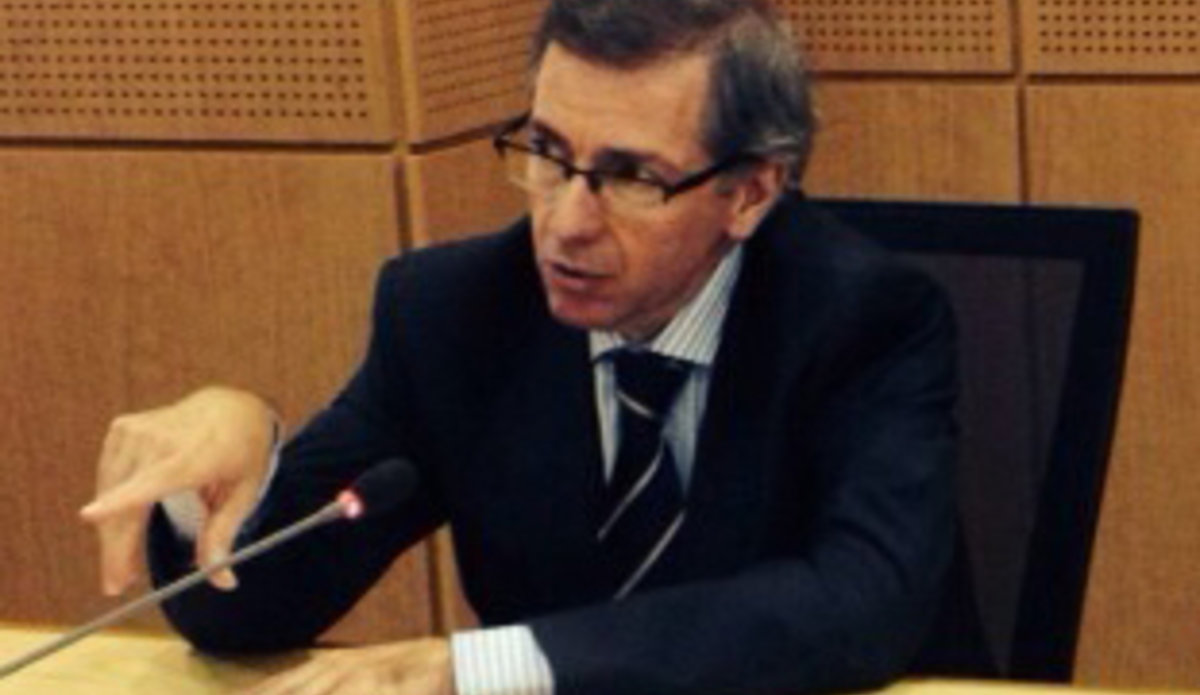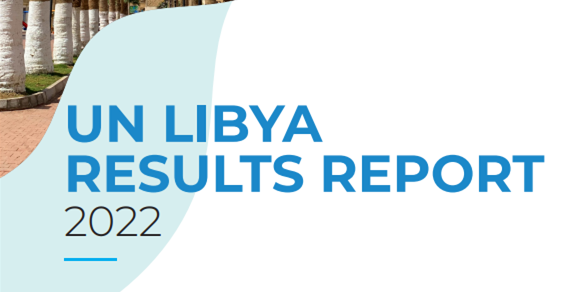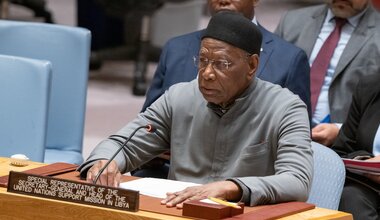SRSG Leòn: Violence Must Stop, and Libya Needs Meaningful, Effective Dialogue Soon Out of Crisis
Tripoli, 10 September 2014 - The Special Representative of the Secretary-General for Libya, Bernardino Leòn, continued his discussions with Libyan political actors on ways to end the fighting and begin a political process to draw the country out of the current crisis.
After visits to Tobruk and al-Baida on Monday and Tuesday, Mr. Leòn was in Tripoli on Wednesday 10 September 2014 for a series of discussions with influential and political actors as well as parliamentarians.
In Tobruk, Mr. Leòn held talks with the leadership of the House of Representatives. He stressed strong UN support for the House as the sole legislative authority in the country. On Tuesday, he visited al-Baida and met with the chairman of the Constitution-Drafting Assembly. He also addressed the Assembly, praising its role as an example of dialogue and consensus to be followed by the rest of the country.
As Mr. Leòn set out on his first trip to Libya as Special Representative of the Secretary-General to explore the possibilities of a political settlement before reporting to the Security Council in mid-September, he has made it clear that a permanent ceasefire must be in place in order to give room for negotiations to bear fruit.
While in Tobruk, he declared after a meeting with representatives of Wershafana that a "ceasefire must be total if we want political contacts and political talks to be successful."
Mr. Leòn stressed his point to all his interlocutors in Tripoli on Wednesday. "Violence by all sides must stop particularly in the areas where the fighting continues, including in Tripoli's outskirts at Wershafana and in the city of Benghazi and other areas in the east. The use of force to achieve political objectives is rejected. A cessation of all hostilities is an important confidence-building step that helps create an atmosphere conducive for dialogue," he said.
Speaking to a group of parliamentarians in the capital Tripoli, Mr. Leòn stressed that dialogue is the only solution to the current crisis and the objective is to have one parliament that is representative of all Libyans and a government representing all Libyans.
"We have discussed some ideas on holding a dialogue, but it has to be a Libyan initiative, with support from the international community. No one can replace Libyans and a Libyan solution," he said.
He underlined the urgency of making progress in the coming weeks.
"This is not about process but about substance. Dialogue is not a solution if it does not produce soon an agreement. What we need is meaningful, effective dialogue that can produce short-term solutions."
Mr. Leòn added: "We listen to the sides, identify where there are areas of consensus, try to translate these into ideas and see if there is enough ground to start having discussions, meetings as soon as possible."
Security Council resolution 2174 (2014), adopted late last month, called for immediate ceasefire and inclusive political dialogue. It also tightened the arms embargo and expanded the categories of people and entities to whom sanctions may apply to if it is determined they are engaging in supporting acts that threaten peace, stability and security, obstruct or undermine the completion of the political transition as well as violate international human rights and humanitarian laws.
"We will continue to explain to all the sides that the international community expects the Security Council resolution 2174 on Libya to be respected and abided by. This is a very important tool, and it clearly states that there should be no use of force and a sound return to the political process," Mr. Leòn said.
Mr. Leòn stressed that human rights and international humanitarian law must be respected by all sides. He pointed to the constructive role that media should play in creating an atmosphere where dialogue can take place.
He added: "The United Nations Support Mission in Libya (UNSMIL) will make every effort to try to narrow the gaps in the positions of the sides. But we cannot do it alone. The Libyan street wants peace and democracy that works in order to solve the problems of the country. I will go to the Security Council next week to report on the developments, and i am ready to undertake further missions and talk to everyone in the interest of peace and stability in Libya."
 United Nations Peacekeeping
United Nations Peacekeeping UN
UN








